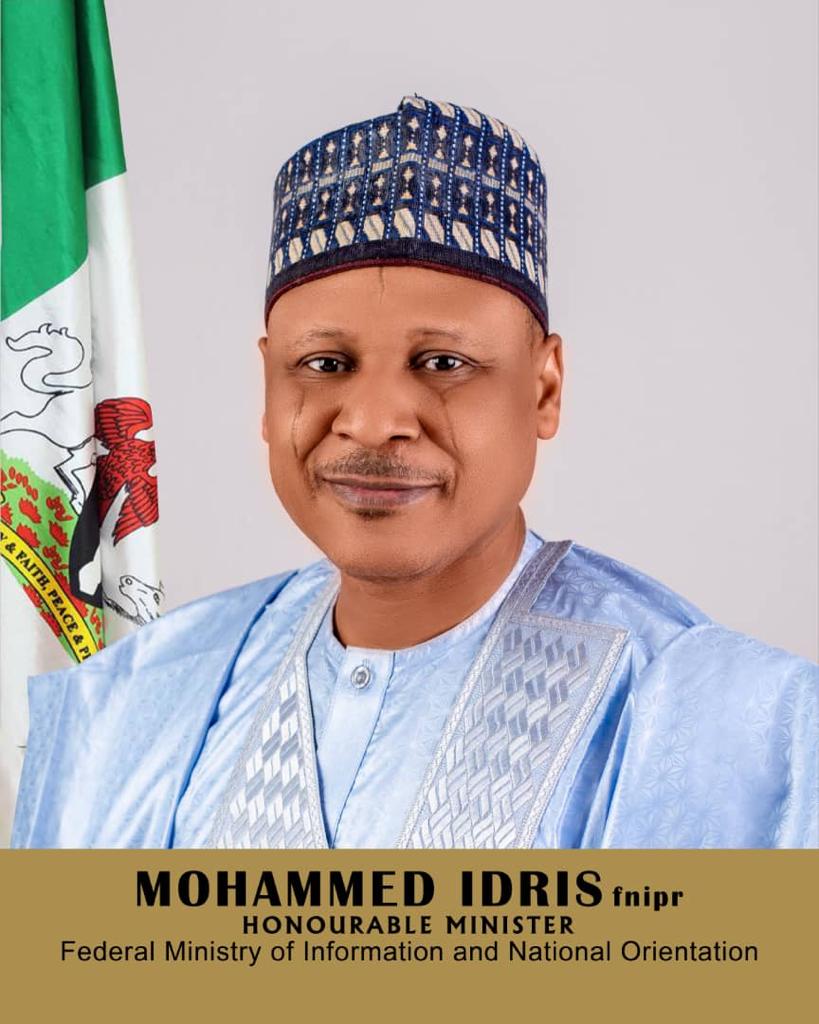By Abdallah el-Kurebe, Editor
Journalists, scientists and communications officer converged on Abuja, Nigeria to participate in a Science Café jointly organised by the International Service for the Acquisition of Agri-Biotech Applications (ISAAA), the Virus Resistant Cassava for Africa+ and the Nigerian chapter of the Open Forum on Agricultural Biotechnology (OFAB).
The 2018 ISAAA report on Global Status of Commercialized Biotech/GM Crops was also launched at the Science Café, which held at Corinthia Villa Hotel.

Launching of 2018 ISAAA Brief 
Participants in a group photo 
Participants in attentive mood 
Dr Karembu
In his remarks, the Acting Director of the National Biotechnology Development Agency (NABDA), Prof. Alex Akpa said the delay in deployment of the technology in Nigeria is as a result of new advances.
According to him, the Agency was working on biofertiliser, biopesticides, biofungicides, using microorganisms against ‘sniper’ that was being used by farmers to preserve foods.
In her opening remarks, ISAAA AfriCenter Director, Dr Margaret Karembu, who is also the Head of communications, VIRCA Plus, Kenya, said the objectives of the Science Café was to share updates in the progress of research in GM crops and commercialisation in Nigeria.
She added that the Café was also to share strategies and areas of partnership, and synergize efforts for more impactful support towards successes of biotech projects.
Dr Karembu also said the Science Café was to entablish linkages as well as strengthen networks between journalists and GM crop project teams, for increased media coverage of crop biotechnology in a more balanced and accurate manner.
On VIRCA Plus project, the ISAAA Director, who talked about, “Saving the Cassava Crop: VIRCA Plus cassava project”, said East Africa and Nigeria had converged to create joint engagement in combating root rot disease as well as providing nutritious cassava in the continent.
“Cassava mosaic and Brown Cassava Streak are major diseases that affect cassava in Africa. However, Cassava Brown Streak exists only in East Africa. So, while scientists in Kenya and Uganda are handling the virus, their counterparts in Nigeria are handling the nutrition component of it. That is why we have the Plus,” Karembu said.
The Coordinator, OFAB Nigeria, who is also an Assistant Director at NABDA, Dr Rose Gidado gave an “Update on Nigeria’s GM Crop Research and Commercialization”.
Dr Rufus Ebegba, the Director General of the National Biosafety Management Agency (NBMA), talked about “Nigeria’s Experience in Regulating GM crops.
Spicing up the Science Café, the Deputy Vice Chancellor, University of Embu, who is a Nigerian professor of biotechnology, Mrs Eucharia Kenya, spoke on “Why Effective Science Communication Matters.”
Mrs Kenya posited that there exists weak interface between researchers and policymakers, which had clogged as a challenge to science communication.
“Scientists and policymakers work at different paces. The scientists tackles a problem over many years, the policymaker must make decisions every day,” she said.
The Biotech professor also lamented the views of pseudo-scientists “experts” views that were influencing policy and choice as well as the rate at which debate had overtaken dialogue.
Mrs Kenya further said “effective science communication helps researchers to give their work some meaning in the eyes of their stakeholders,” noting that while “information sharing equals to giving out, which is one way, communication on the other hand means getting through, which is two-way.”
She identified the challenges of Science communication as “inability to simply technical research findings (jargon), scientists’ attitudes and mindsets -“ivory tower” mentality and inappropriate stakeholder identification, messaging and platforms.”
The general discussion session was also engaging as it was interactive.



